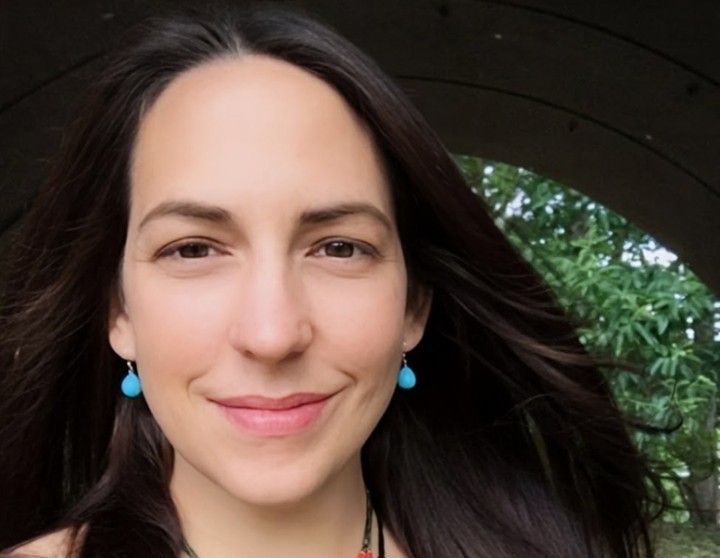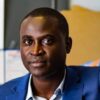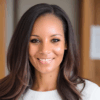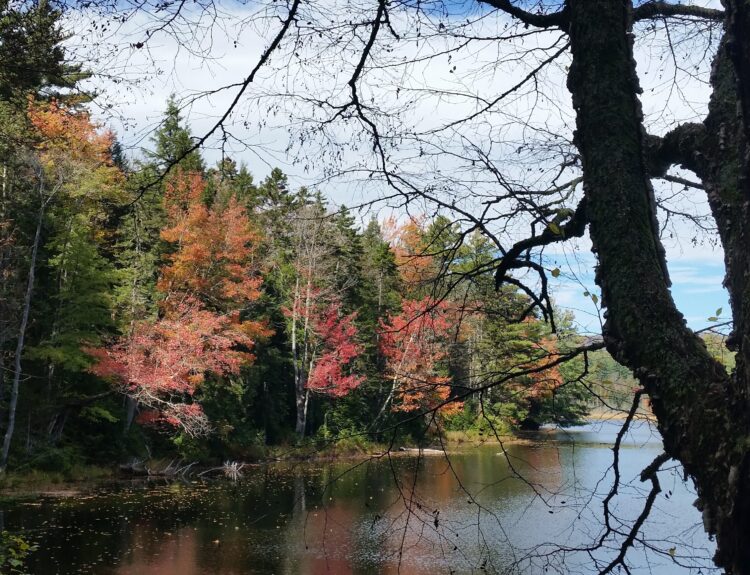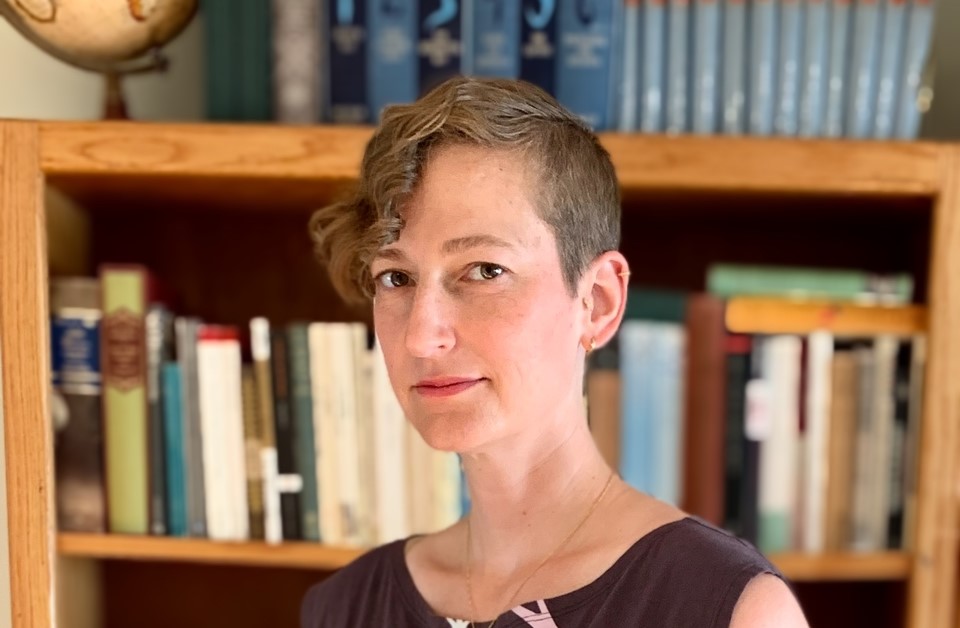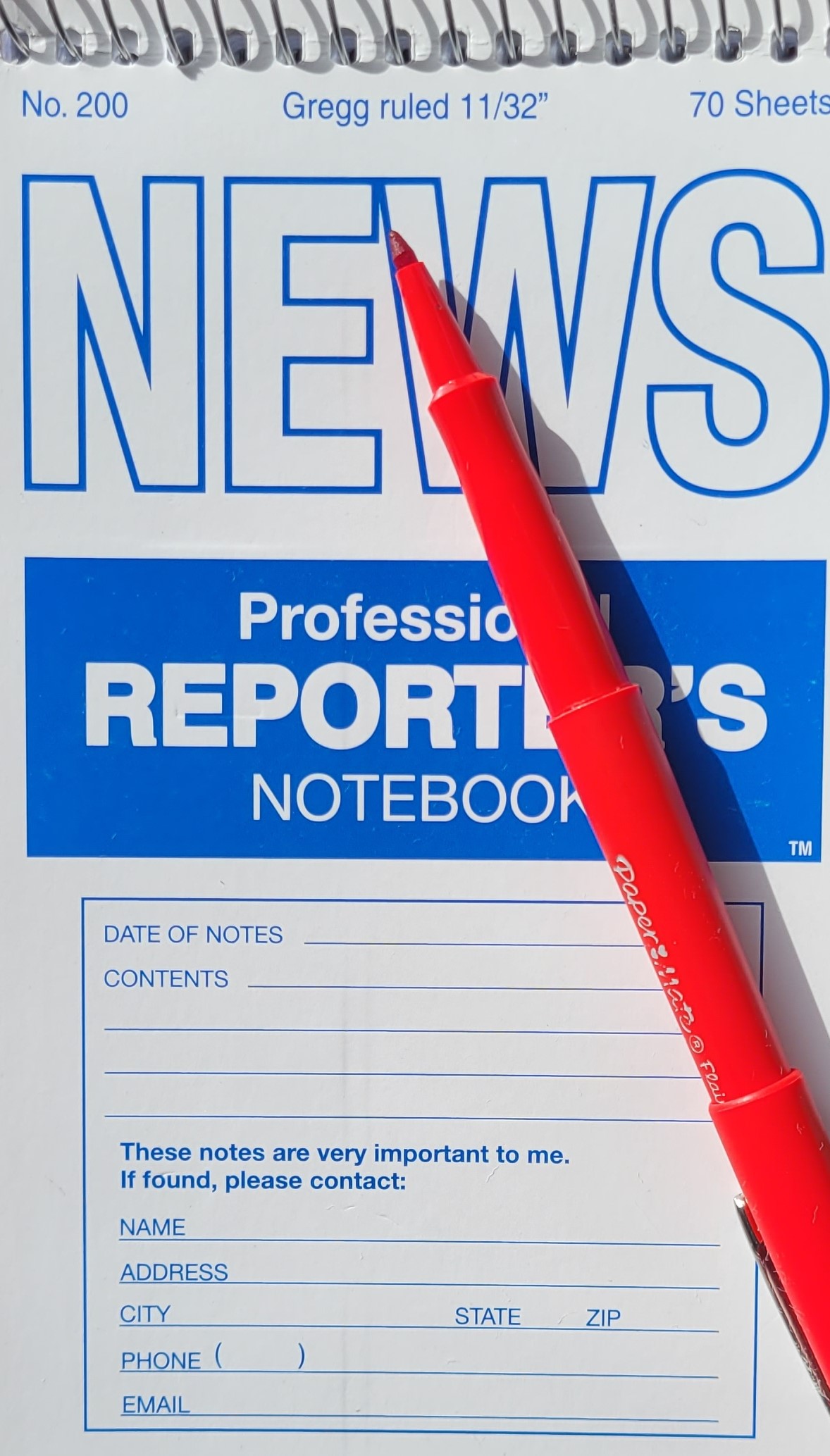Q & A with Candace Ranslow
Thanks for participating in our Q&As, Candace. In this interview, our audience will learn about your many accomplishments and passions. First, please tell us about your background. You live in Burrillville now. What was the path that brought you there?
I grew up in Douglas, Massachusetts, a town bordering Burrillville, Rhode Island. Though I grew up very poor, that reality instilled a great deal of strength in me. Most of my time was spent with friends at events in Burrillville—like hockey matches—and I grew to love the area. After graduating from Douglas High School in 1998, I chose to move to Burrillville, where I raised my children and made many lifelong friendships.
In high school, I felt like I fell through the cracks. There wasn’t much support to help me pursue a psychology major in college, and since my parents hadn’t graduated from high school, they didn’t have the knowledge to guide me. So, I went straight into the workforce.
However, I had a remarkable mentor: my art teacher, Mrs. Nancy Hayes. She saw my potential and secured me a seat on the Board for the Douglas Art Council, part of the Massachusetts Cultural Council, where I served two consecutive four-year terms in office. This experience cemented my love and appreciation for the arts.
Upon graduation, Mrs. Hayes surprised me with a scholarship to art school, accompanied by a piece of warm wisdom: “Candy, I know that you won’t go to art school right away, but I know you will. When you chose to go this money will be there for you.”
Mrs. Hayes has always been my hero. Her unwavering belief in me gave me the ambition to dive in and learn anything I set my mind to. She taught me that a few words of support can change a person’s entire life. She changed mine, and I honor her by paying that gift forward, supporting everyone I meet in the same way she supported me. Though I lost contact with her, I continue to honor her with my work every day.
As Mrs. Hayes predicted, I spent several years in the workforce, focusing on business management and contract jobs in art and design.
You attended CCRI. What did you study?
My mother, Carole Ranslow, became the inspiration I needed to finally return to school. She earned her GED and enrolled at CCRI (Community College of Rhode Island), taking nursing and creative writing classes. Her choice was the push I needed to withdraw the scholarship money gifted by Mrs. Hayes years earlier. Holding that envelope, I realized with awe how my teacher had foreseen the exact moment she would change my life.
I went straight to CCRI and used that money to earn my degree in Fine Art. My mother and I had a very special time attending school together; she honed her writing talent while I honed my fine arts skills alongside her. It was one of the most special times I spent with her. I believe our state is fortunate to have a school like CCRI that offers such opportunities for families and the community.
What was next?
After CCRI, I wanted to continue my art education at Rhode Island College, but admissions informed me that the acceptance of my art transfer credits would be subjective to an art evaluation. With three young children, I couldn’t risk wasting time or money. I needed assurance that every credit would transfer, so I pivoted to my original high school choice: Psychology with a focus on cognitive psychology and behavioral neuroscience.
While earning my BA, I was able to delve into diverse topics. I enjoyed working on archaeology sites as an elective, gained an education in ethics, and worked with individuals who experienced the Holocaust in internment camps. These experiences taught me powerful lessons about the resiliency of the human spirit, compassion, and the power of forgiveness—all of which inform my career as a mental health counselor today.
While attending RIC, I also had a wonderful career as Reference Staff at Burrillville’s Jesse M. Smith Memorial Library. My decision to change careers was sparked by a visit to the reference desk from a group of women in recovery from substance addiction.
I was chairman of the board then and I am now a trustee emeritus. Tell us about this experience with women in recovery.
I was inspired by their stories of resilience. I enjoyed helping them find the resources they needed for health and recovery, and they often thanked me for the patience and compassion I offered. Months later, one woman returned with her children, telling me that the library’s assistance was a big factor in helping her feel strong, seen, and gain the resilience and confidence she needed for her recovery.
This experience changed the way I viewed the connection between mental health and addiction. It eventually led me to Independence Hall, a program of Veterans Inc. in Shrewsbury, MA. I now lead their clinical stabilization program as a Clinician and Program Coordinator, serving Veterans and civilians with mental health challenges, including substance misuse, addiction, and traumatic brain injury.
You use art now in working with disabilities, brain injury, mental health and addiction in both veterans and civilians. Please elaborate.
When I started at Veterans Inc., Independence Hall we held about 15–20 patient beds. We have since grown to 56 patients beds on our Shrewsbury campus, which features 22 acres of pastoral land, a Zen garden, and forest paths.
Alongside our traditional clinical groups, we provide access to holistic healing arts. I’ve worked to implement and teach Art Therapy groups in our bright studio, where patients and staff build confidence, skills, and self-expression through painting, jewelry making, crafting, and textile arts. I’ve also designed and built art galleries within the facility to display all of their work.
We provide weekly, free acupuncture through a partnership with Massachusetts College of Pharmacy and Health Sciences and have integrated music therapy with a practitioner from Berkeley College to include sound baths and drumming groups. We facilitate Tai Chi, Yoga, Cross Fit – movement therapy, and meditation groups. My passion is to introduce people who have never had these experiences to the opportunity to discover and know themselves through the fine arts and holistic activities.
Once a week we have specialized Men’s and Women’s Groups which are co-facilitated by Eric Bloomstien, RYK Group Founder and Men’s Coach.
Eric also leads a free men’s drop-in group every Wednesday night at Saxonville Mill, 2 Central St., Framingham, Massachusetts. This drop-in offers a safe space for men to discuss relevant topics, build community, and focus on personal growth. Public is always welcome! I’m very focused on supporting the growth of community groups like these to provide much-needed spaces for men and women to connect especially with shortages in access to mental health providers.
With that said, Independence Hall is accessible to all, accepting all types of insurance, including for the uninsured. I’m proud that every person who comes to us is assisted in accessing further residential treatment upon completion of our program, which is vital for those who come to us from experiences of housing insecurity and homelessness.
You also are involved in community art, an interest that began at the Jesse Smith Library.
I facilitated a community collaborative art group as a library program and watched about 24 community members, who might have otherwise never connected, collaborate on a large mural. They laughed, painted, and created this beautiful piece of art together, forming friendships in the process. I realized how powerful and vital libraries are for community connection. That mural still hangs, and it remains a tangible creation that connects the community.
Any other exhibits in the works?
I am working with the Worcester Art Museum’s Open Door Gallery —where I once worked as a curator—to collaborate on a body of work by those who experience disability in the form of mental health challenges and addiction. The more education and exposure that mental health and addiction has, the more it will be understood. Exhibits such as this are so important. There’s hardly a place I can go where I don’t meet someone who has lived experience with addiction and mental health challenges. I want to make services easier to access.
We are intrigued about another of your passions, which is flying. How and why did you develop that and do you still fly?
Flying is still an important part of who I am and I still love to fly, though lately, I’ve focused on Marine Archaeology and logging hours to obtain a boat Captains License. This license is crucial for working on archaeological research vessels so Captains can take turns diving in the water at an excavation site.
I recently earned several certifications, including Advance Open Water Diving, Wreck Diving, Search and Rescue Diving, and Night/Blackwater Diving. I also completed a second Bachelor’s Degree in Anthropology/ Archaeology with a specialization in Native American and Indigenous topics, languages and symbols.
I currently work as a Citizen Scientist Archaeologist with the Rhode Island Marine Archaeologist Project (RIMAP), founded by Principal Investigator and Archaeologist, Dr. Kathy Abbass. I am privileged to work alongside Dr. Abbass and our team on sites along the Rhode Island coast, assisting in the mission to discover and identify the HMS Endeavor—an other projects of local, national, and global importance.
Thanks. Lastly, anything we missed you’d like to tell our audience?
I’ve been traveling the world over the last few years, making cultural preservation and heritage management connections and site contracts in Dubai, Egypt, Abu Dhabi, Japan, and British Columbia.
I’m contracting on heritage preservation work the world over, but I’m most passionate about my upcoming projects in British Columbia and Alberta, Canada, which relate to my Indigenous roots. I am a federally registered Indigenous woman (Indigenous name: Ladybug) with ancestors from the Blackfoot and Siksika Nations in Alberta and Montana.
My next adventures will use my psychology and anthropology skills to assist tribes in British Columbia and Victoria Island. I aim to help support the health and welfare of those communities regarding addiction, medical care, and birthing plans, as well as the implementation of skilled trades and further learning. Assisting Indigenous cultures to thrive is a goal very dear to my heart.
Finally, I’m currently finishing my education in Graduate School at the University of Rhode Island in the Master of Library and Information Science Program. In the far future, when my adventures conclude, I intend to go full circle and find myself back behind the desk of a public library. I want to share all the knowledge, inspiration, skills, and stories I’ve been blessed to experience with the community I love dearly. My last mission will be to inspire anyone with a dream that they can do anything, learn anything, and that any dream is possible.

